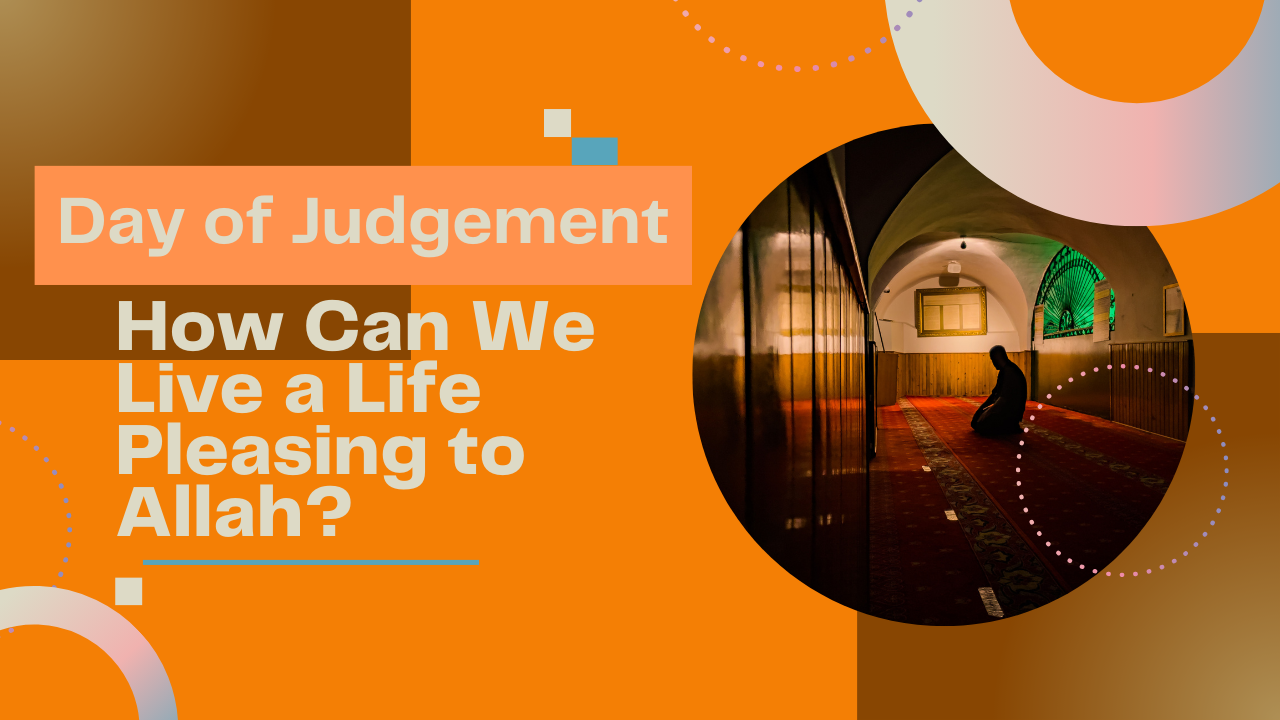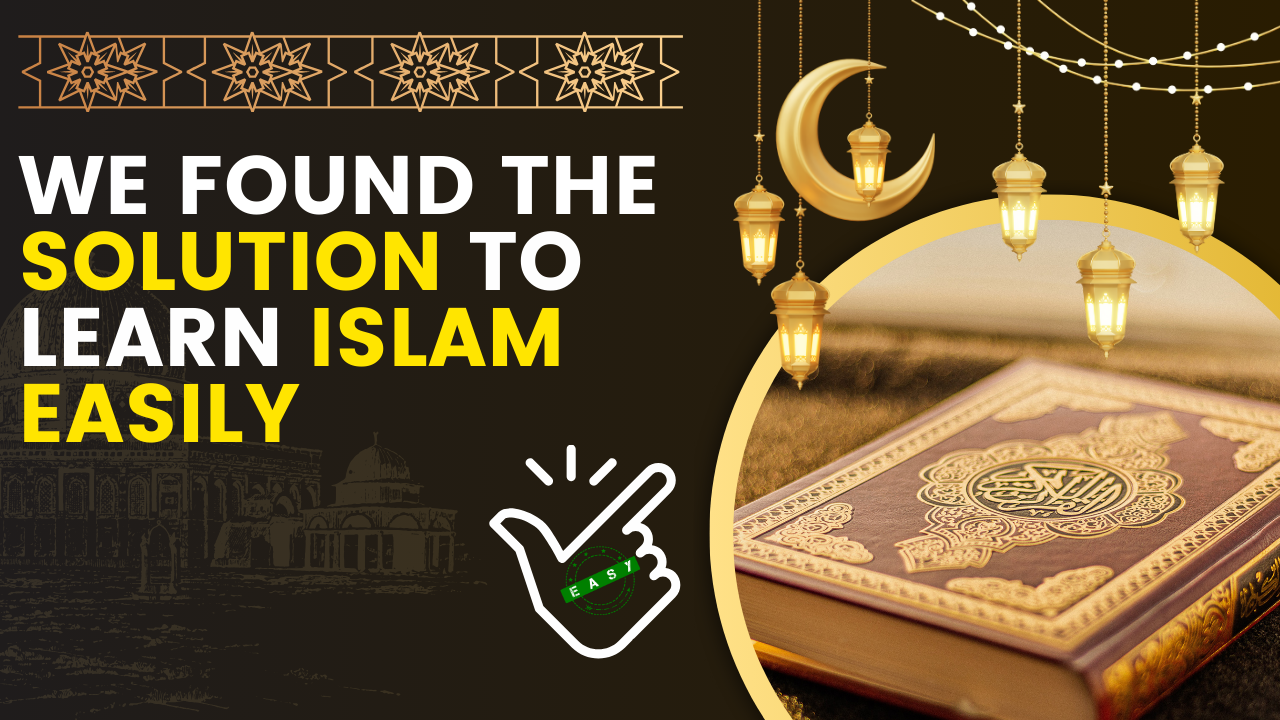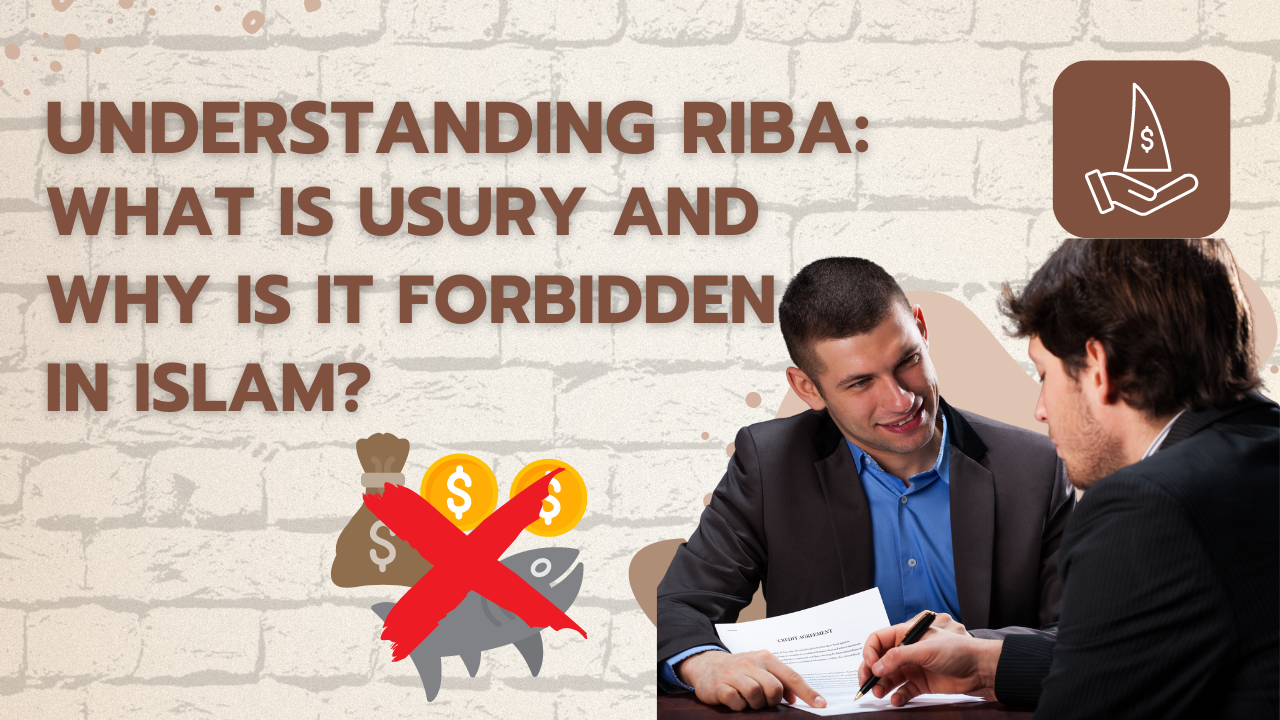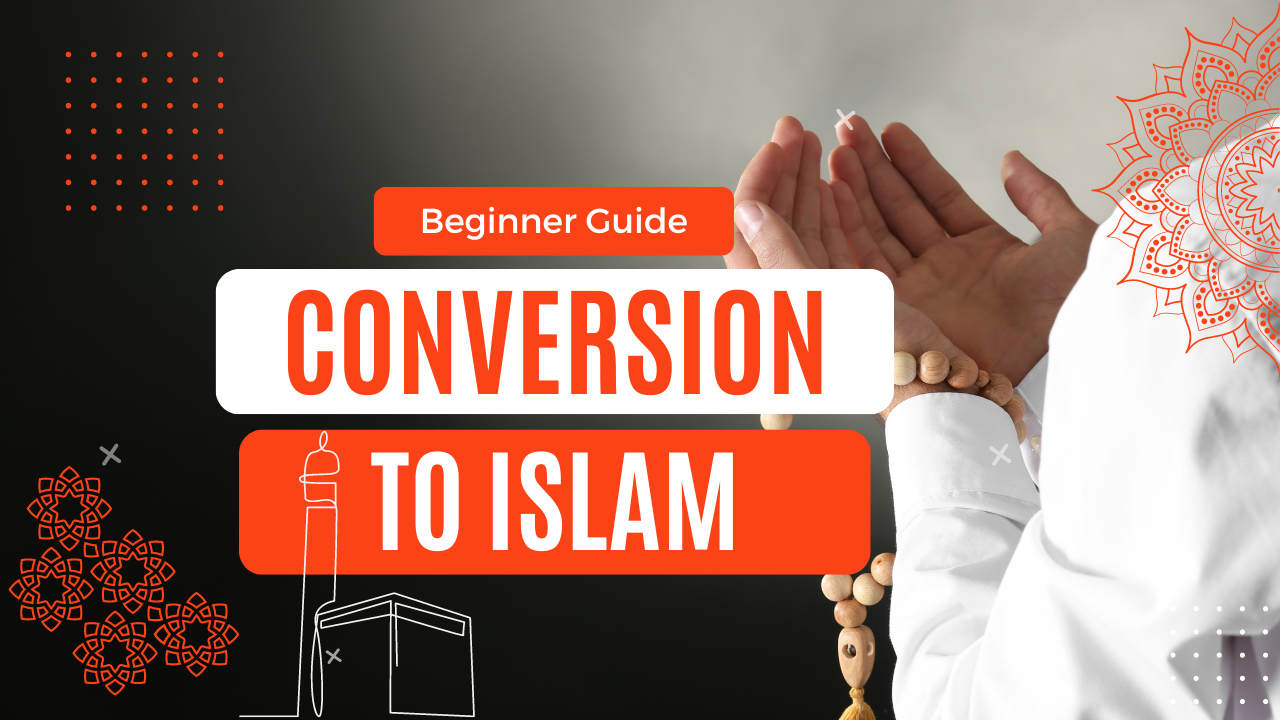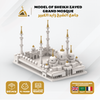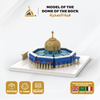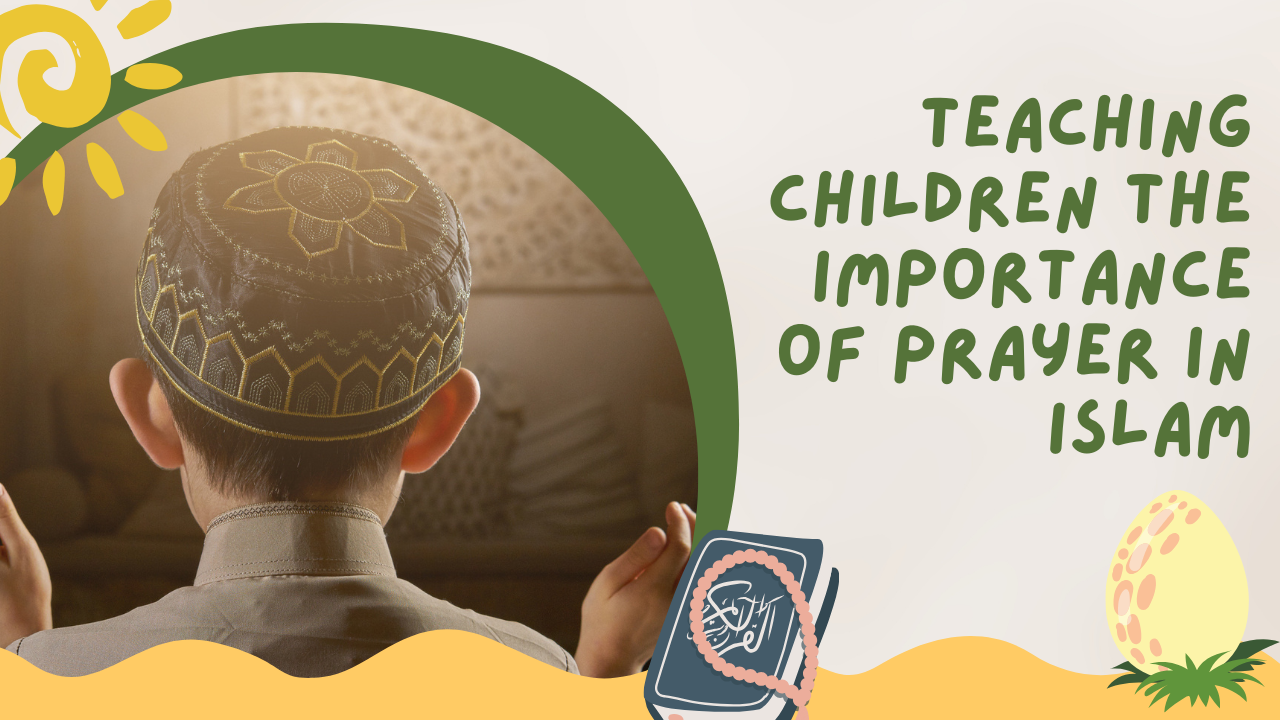Growing up as a Muslim child entails a rich tapestry of experiences, shaped by both religious teachings and cultural traditions. Here are some unique aspects of this upbringing:
Islamic Beliefs and Practices
From an early age, Muslim children are introduced to the core beliefs and practices of Islam. They learn about concepts such as the oneness of Allah (Tawheed), the importance of prayer (Salah), fasting during Ramadan (Sawm), giving to charity (Zakat), and the pilgrimage to Mecca (Hajj). These teachings provide a strong moral and spiritual foundation that influences their worldview and behavior.
Cultural Identity
Muslim children often grow up within vibrant cultural communities that celebrate their shared faith.
Whether it's through family gatherings, community events, or cultural festivals, they are immersed in traditions that reflect their cultural heritage. This sense of identity fosters a deep connection to their roots and a pride in their heritage.
Multilingualism
Many Muslim children grow up bilingual or even multilingual, as Arabic is the language of the Quran and often taught alongside their native tongue.
This exposure to different languages enhances their communication skills and allows them to engage with Islamic texts in their original language, deepening their understanding of their faith.
Observance of Religious Rituals
Muslim children participate in various religious rituals and practices from a young age. They learn how to perform ablutions (Wudu) before prayer, memorize verses from the Quran, and attend congregational prayers at mosques. These rituals instill a sense of discipline, devotion, and reverence for their faith.
Modesty and Dress Code
Modesty is an important aspect of Islamic teachings, and Muslim children are taught to dress modestly from a young age.
Girls may wear the hijab or other modest clothing, while boys are encouraged to dress modestly as well. This emphasis on modesty extends beyond clothing to behavior and interactions with the opposite gender, teaching children to respect themselves and others.
Inclusivity and Diversity
Islam emphasizes the importance of unity and brotherhood among its followers, regardless of ethnicity, nationality, or social status. Muslim children grow up in diverse communities that encompass people from various backgrounds and cultures.
This exposure fosters tolerance, empathy, and a sense of belonging among children, as they learn to appreciate and celebrate differences.
Education and Learning
Education is highly valued in Islam, and Muslim children are encouraged to seek knowledge throughout their lives. From attending Islamic schools (Madrasahs) to participating in Quranic classes, they engage in continuous learning about their faith and its teachings.
This emphasis on education nurtures a thirst for knowledge and critical thinking skills.
Community Involvement
Muslim children are often actively involved in their communities, whether through volunteering, charitable activities, or religious events. They participate in community service projects, assist in organizing events at mosques, and engage in outreach efforts to help those in need.
This involvement instills a sense of social responsibility and empathy for others.
Conclusion
Overall, growing up as a Muslim child involves a holistic approach to life, encompassing spiritual, cultural, and communal dimensions. It offers a unique and enriching experience that shapes the identity, values, and worldview of individuals from a young age.
Further read : 5 INVOCATIONS TO TEACH YOUR CHILD


